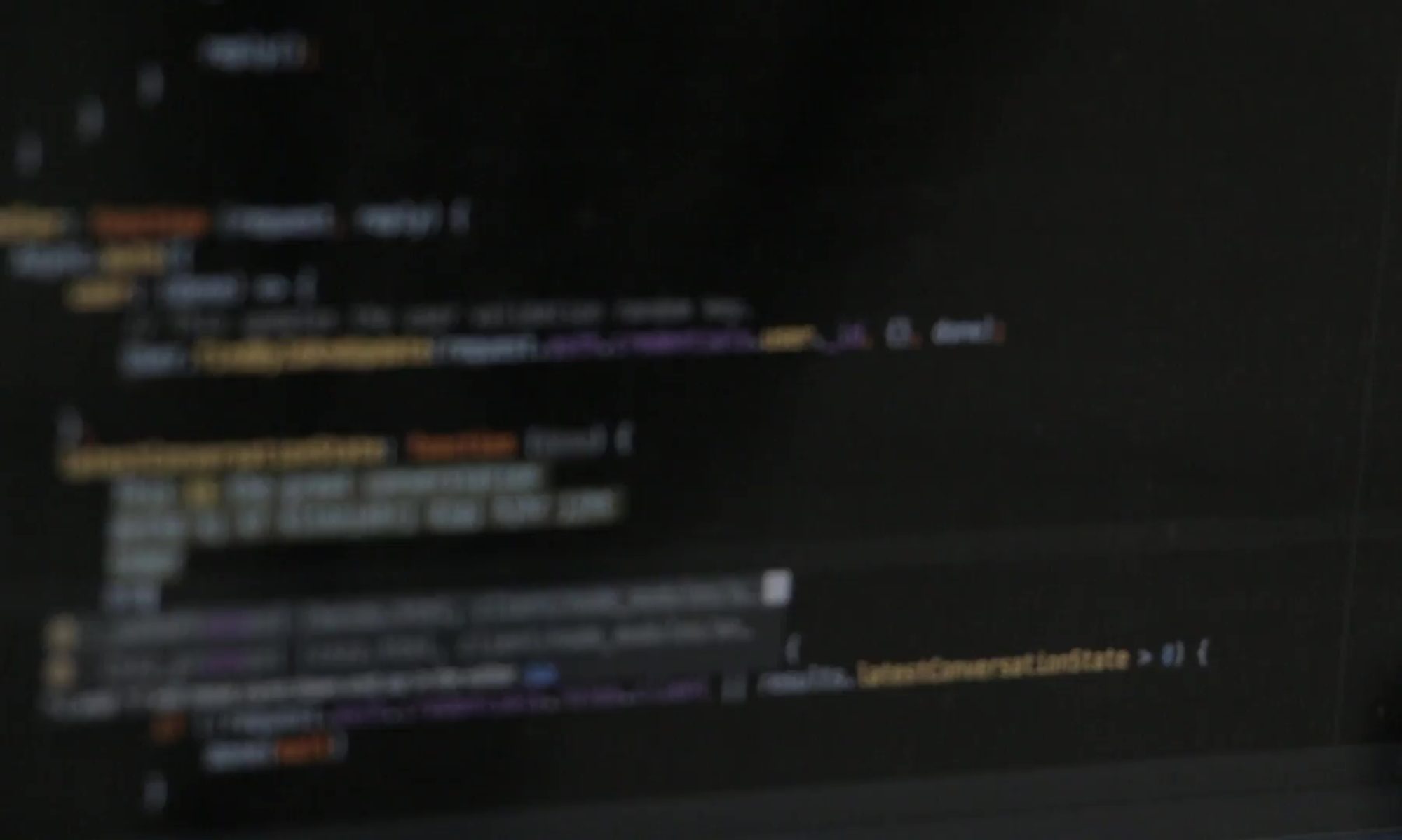And finally there has been some actual movement on securing up the Zend Framework in an proactive fashion (at least from now on:) )
As announced earlier by Matthew, Zend Framework 1.9.7, 1.8.5 and 1.7.9 have been released incorporating routine maintenance and a number of security fixes detailed in the announcement. It's recommended that framework users upgrade as soon as possible to the latest release of whichever of these minor branches they are using.
As the announcement also indicates, following December's excitement I spent much of the Christmas and New Year period conducting a security review of the framework. While an ongoing process, the initial review focused on specific areas most likely to deal directly or indirectly with user input and the output of user sourced data. The results of that initial review were reported over the holidays to the Zend team, who patiently put up with my long winded emails and managed not to strangle me…so far. I'm keeping myself holed up in the mountains for now ;-).
The review also included an examination of all new components due to enter service with Zend Framework 1.10. This yielded a number of issues whose fixes will preempt their release into a stable version, and have been reported to the relevant lead developers. These will not be disclosed at this time, and will not form any new advisories for the simple fact that ZF 1.10 currently exists only as an alpha release where issues are to be expected anyway. Regardless, you all owe me extra cookies for those ;-).
On to the vulnerabilities, the majority are linked to encoding inconsistencies. One of the more far-reaching results of the fixes is that all developers should note the Zend Framework now enforces a default character encoding of UTF-8, including Zend_View which until now has defaulted to ISO-8859-1. This will require users needing that encoding to now set it manually. In addition, numerous classes have been given methods allowing developers pass in their preferred encoding. It's essential you do so to benefit from the full protection of all escaping mechanisms using htmlspecialchars() and htmlentities(). The remaining vulnerabilities are self-explanatory and, besides upgrading, require little additional work on your part.
It's also important to note that these fixes often go beyond fixing the immediate symptoms. So reporter's credit aside, thanks to Matthew, Ralph and Thomas Weidner who worked on the patches for these fixes as well as spending the time discussing and debating them all in turn. I'm sure Matthew and Ralph had lots of fun (in between apoplectic fits) preparing for three releases but it's truly appreciated.
I remember from December (when not ranting ;-)), that one of the identifiable problems with the Zend Framework was its overall security strategy which has been reactive in nature. The reason for performing this security review, in addition to finding it exciting to spend hour after hour staring at source code (I'm being sarcastic), is that my original rant was misdirected in one aspect. If the framework is reactive, it is because everyone who contributes source code also contributes to that particular attitude. Performing the review was one way of breaking the reactive trend, and so instead of having these security issues persist into the framework's future versions to be discovered by accident (or not), they have been deliberately searched for, found, poked, prodded, debated and then dutifully exterminated. Welcome to proactivity.
If there is a point, it is that as Zend Framework contributors it's still ultimately our job to enforce and promote a security awareness. We can't pass that responsibility to Zend (all of three employees) and wave our hands innocently. We now have two new jobs we better get used to. The first is applying the new Security Policy and notifying the security channel of any reported or self-discovered security issues. Don't sit around wondering if it's a problem, send it in and let the guys look at it. That goes for all security issues without exception (or should). Secondly, we need to build some semblance of a security conciousness because at present that is sorely lacking. I believe the Zend guys are on a similar track here so they may have more to say in the near future. I'll doubtlessly blog about these two topics more specifically over the next few days.
In the meantime, you have some new releases to work with ;-). I sunk a lot of time into this, but being an open source project it's only right you exploit that for all it's worth :-P.
